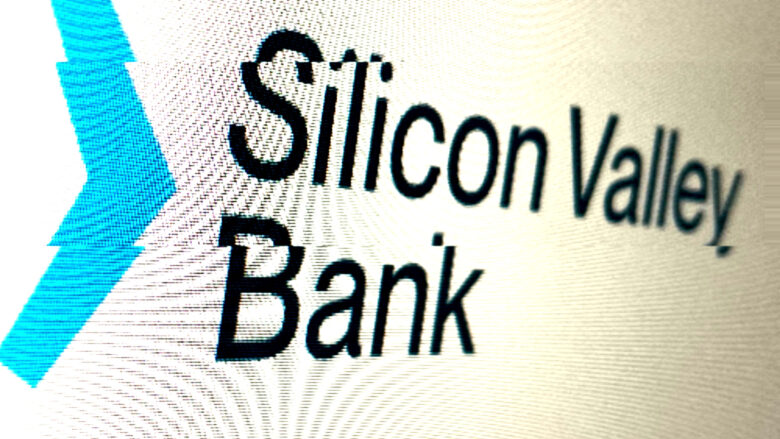Silicon Valley Bank collapses in the biggest crash since the financial crisis

There is no longer any salvation: reports are now going out that the Silicon Valley Bank (SVB), the house bank of the US start-up world, has to close. It was only a few days ago that it really became clear what financial difficulties the Silicon Valley bank was in. In the short term, the bank would have needed $2.3 billion, but could not find buyers for shares in the company or a buyer who would take over the listed company completely.
The California Department of Financial Protection and Innovation (CFPI), the tax authority responsible in California, has just announced that the SVB will be closed and all (still existing) insured customer deposits will be transferred to the Deposit Insurance National Bank of Santa Clara (DINB). As of December 31, 2022, Silicon Valley Bank had approximately $209 billion in total assets and approximately $175.4 billion in deposits. At the time of closing, the number of deposits exceeding the insurance limits was not known. The amount of uninsured deposits will be determined once the FDIC receives additional information from the bank and customers.
In concrete terms, this means that it is currently not clear if every customer will get their money back from the SVB. As reported, the SVB recently sold securities worth a whopping $21 billion, which subsequently brought the bank a loss of $1.8 billion. That alone shows that there is a lot of money missing to be able to continue to operate properly. The FDIC advises that customers with accounts greater than $250,000 should contact the agency. Deposits are only protected up to this amount, anything beyond that is now a question of how much money is left in the SVB.
The collapse of the bank may also have the following effects: According to Parker Conrad, the CEO, and co-founder of the HR platform Rippling, companies are already having to delay salary payments due to the bank’s “solvency problems”. VCs are said to have already instructed their portfolio startups to disclose whether they had money with SVB. According to its CEO, the UK subsidiary of SVB should continue to make payments and fund loans as usual. It is currently not entirely clear how the German subsidiary is doing.
Bulgarian unicorn Payhawk launches zero-interest emergency credit cards for US and UK customers
Startups have to worry about their money
In concrete terms, this means that companies and wealthy individuals who had more than $250,000 with the SVB now have to fear for their money. Since dozens, if not hundreds, of startups and scale-ups, are among the customers, this could now result in a cascade of company bankruptcies. The FDIC has announced it will pay an early dividend to uninsured depositors within the next week. How much that can be is unclear. The FDIC will also reopen the bank’s 17 branches in California and Massachusetts under supervision on Monday so that customers can be served. Then online banking should be usable again.
The crash of the Silicon Valley Bank, which claims to have had 700 unicorns and 60 decacorns among its customers over the past 35 years, is the biggest bank crash in the USA since the 2008/2009 financial crisis. That’s why comparisons are now being drawn with the collapse of the Lehman Brothers, which ushered in the financial crisis back then. The US government, represented by Treasury Secretary Yellen, also announced today that “a few” banks would already be under surveillance given the problems at the SVB. There are fears that following the collapses of crypto bank Silvergate and now startup bank SVB, this crisis could spill over to other financial institutions.
The other banks that the US government is currently watching closely could include Signature Bank and First Republic Bank (FRB). Their stock market prices fell sharply on Friday or, in the case of FRB, trading in the shares was even suspended. No surprise either: trading in SVB shares is no longer possible either.
Failure was anticipated by some
The problem of the SVB may have been that in the course of the COVID pandemic with easy monetary policy, many of those startups that raised a lot of money invested a lot of money. As a result of the economic crisis in 2022, they are likely to have withdrawn a lot of money, which in turn caused the SVB to wobble. The VC Greenoaks warned its portfolio companies in December – a dozen are said to have withdrawn deposits worth about a billion dollars. There were also short sellers betting on the fall of SVB shares. Later, major investors Coatue, Sequoia Capital, and Peter Thiel’s Founders Fund also instructed their portfolio companies to withdraw their funds from SVB.





























